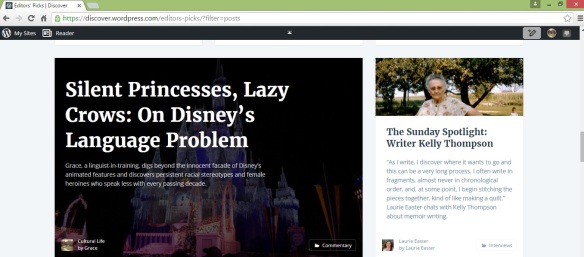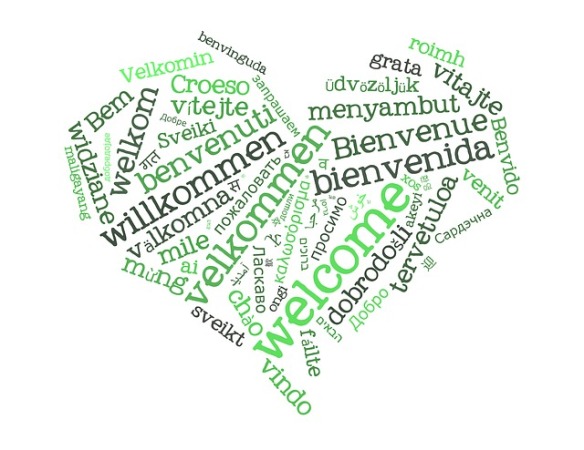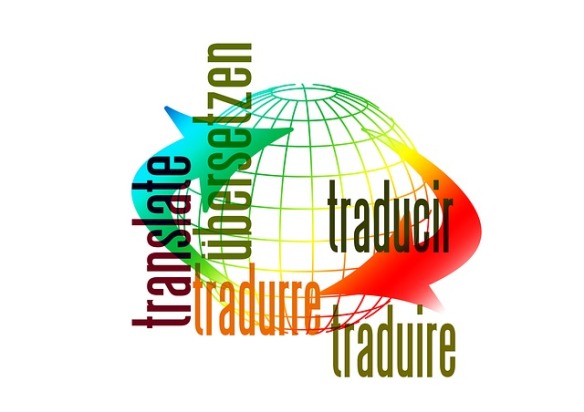Last night, I was idly browsing online on my phone while waiting for some friends to join me, when I stumbled across this issue which was submitted to an agony aunt column in The Guardian: My daughter sounds uneducated because she says ‘like’ so much. The parent who contacted the agony aunt is concerned that their daughter’s use of the discourse marker, ‘like’, is making her sound ‘stupid’ and ‘uneducated’.
Embed from Getty Images
As a linguist, the parent’s question immediately caught my interest because it is representative of common folk linguistic judgements, i.e. “beliefs about language held by non-linguists” (Hartley & Preston, 1999: 237). Perceptual dialectology is one of the many fascinating subfields of linguistics and it elicits folk linguistic attitudes and judgements about language. Preston’s (1989) work in the U.S. found that judgements are commonly based on the ideology of the ‘standard’, in other words, correct vs. incorrect language. This type of judgement is exactly what we see in the concerned parent’s question to an agony aunt column.
It could be argued that one of the most pertinent questions about language attitudes is how these judgements are entrenched within us. No language or dialect is inherently wrong, it is simply that a particular phoneme (a unit of sound) or a word has become “enregistered” as a marker that is associated with certain characteristics. The concept of enregisterment has been discussed by Barbara Johnstone, Professor of Rhetoric and Linguistics at Carnegie Mellon University, who has focused on enregisterment in the variety of American English that is spoken in Pittsburgh (e.g., Johnstone et al., 2006; Johnstone, 2009). However, enregisterment is a concept which we can apply to any variety of language: it refers to the way in which “indexical meanings get attached to linguistic forms” (Johnstone, 2010: 31).
The use of the discourse marker ‘like’ is a prime example. Take a minute and think about the characteristics you associate with someone who uses ‘like’: “and then he was like, ‘I said no’, and then I just like laughed and it was really like awkward”.
Embed from Getty Images
We know that users of ‘like’ are more likely to be young (Dailey-O’Cain, 2002). Perhaps the teenage girl in the photo is a ‘like’ user. Also, ‘like’ is commonly associated with the stereotype of the Californian Valley Girl, i.e. vapid, materialistic young women who do little more than shop and obsess about their appearance. From this, we can deduce that attitudes toward ‘like’ are often unfavourable because it has become enregistered as a marker of the speech of a social group which is considered to be young, ‘airheaded’ and unintelligent. A study by Dailey-O’Cain (2002) concludes that “the use of like is associated with more negative perceptions of the speaker” and found that “Informants perceive [people who use like] as less educated” (p. 73).
At this point, considering that studies have shown that ‘like’ is often negatively evaluated, you might think that the parent has valid cause for concern. However, if I were the agony aunt who responded to this letter, I would have answered it very differently. I would point out that language has changed for centuries and it will continue to change for centuries after you and I leave this earth. The increasing use of ‘like’ as a quotative in phrases such as “I was like…” is simply an example of language change. Next, I would suggest that if we spent less time viewing language as we think it should be (the prescriptivist viewpoint) and more time observing language as it is (the descriptivist perspective), perhaps we could attempt to sidestep these stereotypes and snobbish biases about people who use particular varieties and dialects.
We all speak differently….and that’s okay. If everyone spoke in the same way, linguists wouldn’t have any fun!
Embed from Getty Images
References
Dailey‐O’Cain, J. (2000). The sociolinguistic distribution of and attitudes toward focuser like and quotative like. Journal of Sociolinguistics, 4(1), 60-80.
Hartley, L.C. & Preston, D.R. (1999). The names of US English: Valley Girl, cowboy, Yankee, normal, nasal and ignorant. In Bex, T. & Watts, R.J. (eds.). Standard English: the Widening Debate. London: Routledge, pp. 207-238.
Johnstone, B., Andrus, J., & Danielson, A. E. (2006). Mobility, indexicality, and the enregisterment of “Pittsburghese”. Journal of English Linguistics, 34(2), 77-104.
Johnstone, B. (2009). Pittsburghese shirts: Commodification and the enregisterment of an urban dialect. American Speech, 84(2), 157-175.
Johnstone, B. (2010). Locating Language in Identity. In C. Llamas and D. Watt, (eds.). Language and Identities. Edinburgh: Edinburgh University Press, pp. 29-38.
Preston, D. R. (1989). Perceptual Dialectology: Nonlinguists’ Views of Areal Linguistics. Dordrecht: Foris Publications Holland.






